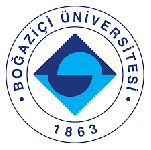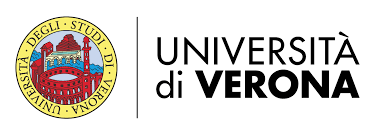ABOUT US




The project aims at invigorating the competitiveness of farmers and SMEs in the Mediterranean agri-food sector by proposing and piloting a menu of innovative governance and marketing solutions. These solutions try to deal with the producer fragmentation and the lack of a customer-oriented approach that typically burden the upstream stages of the Mediterranean food supply chain. To this end, our research focuses on two main ways of improving smallholder competitiveness and strengthening their position in the value chain. On the one hand, we focus on Cooperatives and other POs (WP1) and Geographical Indications of origin (GIs) (WP2), as fundamental tools for achieving cooperation and integration in agri-food chains. On the other, we consider new market opportunities for smallholders (WP3) arising from technology (e.g., e-commerce) and regulation (e.g., public procurement).







.jpg)















